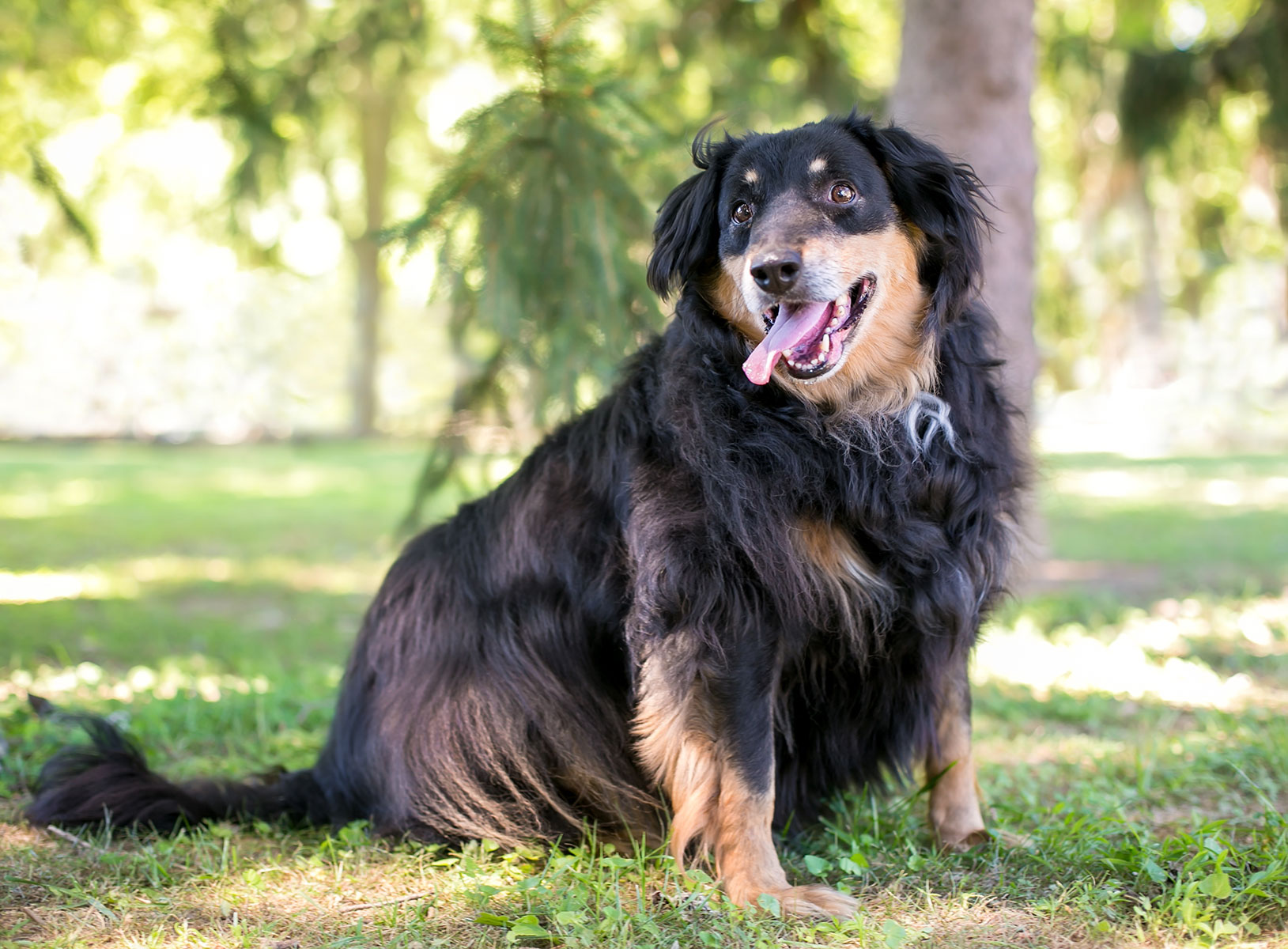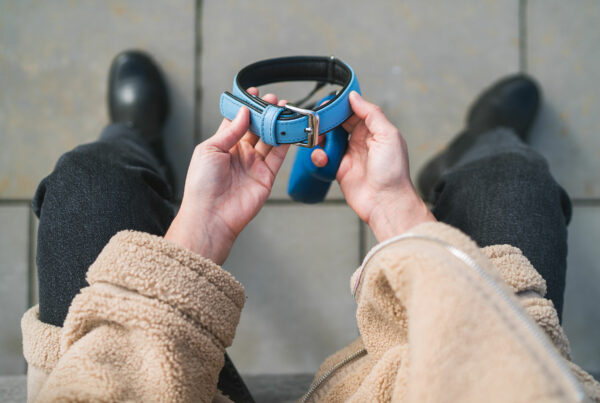Obesity in dogs is a growing concern that affects not only their quality of life but also their overall health. As our furry companions become more sedentary and dietary habits change, the prevalence of canine obesity is on the rise. In this blog, we will delve into the causes, treatment options, and prevention strategies for obesity in dogs.
Causes of canine obesity
Several factors contribute to obesity in dogs, and identifying them is crucial for effective management. One primary cause is overfeeding. Often, well-meaning owners express their love through treats and extra portions, unintentionally causing weight gain. Lack of exercise is another significant factor. Dogs, like humans, need regular physical activity to maintain a healthy weight. A sedentary lifestyle combined with a high-calorie diet can lead to obesity. Certain breeds are genetically predisposed to obesity, such as Labrador Retrievers and Beagles. Additionally, hormonal imbalances, neutering, and underlying health conditions can contribute to weight gain in dogs. It’s essential for pet owners to be aware of these potential causes and work towards creating a balanced and healthy lifestyle for their furry friends.
Various treatments for canine obesity
Addressing obesity in dogs requires a multifaceted approach, involving both dietary changes and increased physical activity. Consultation with a veterinarian is crucial to determine the optimal course of action tailored to the individual needs of the dog. Transitioning to a high-quality, balanced diet with appropriate portion control is the foundation of weight management. Specialized weight loss dog foods may be recommended, which are formulated to provide essential nutrients while restricting calorie intake. Minimizing or eliminating high-calorie treats and table scraps is essential. Instead, incorporating low-calorie treats or using portions of the regular diet as treats can be a healthier alternative. Regular exercise is key to burning calories and improving overall health. Establishing a consistent exercise routine, such as daily walks or play sessions, helps dogs shed excess weight. Gradual increases in activity levels are advisable, especially for overweight or obese dogs, to prevent injury and discomfort. Regular veterinary check-ups are crucial for monitoring progress and making any necessary adjustments to the weight loss plan. Owners should seek guidance and support from their veterinarian throughout the weight loss journey, ensuring that the dog’s nutritional needs are met while achieving the desired weight.
How to prevent canine obesity
Preventing obesity in dogs is more manageable than treating it once it has developed. Here are key strategies for maintaining a healthy weight in dogs. Feed dogs a balanced and appropriate diet based on their age, size, and activity level. Avoid overfeeding and limit treats to prevent unnecessary calorie intake. Incorporate daily exercise into your dog’s routine, ensuring a mix of aerobic activities like walks and playful interactions to keep them physically active and mentally stimulated. Regularly monitor your dog’s weight and body condition. If you notice any signs of weight gain, consult with your veterinarian to make necessary adjustments to the diet and exercise regimen. Stay informed about your dog’s nutritional needs and maintain awareness of potential risk factors for obesity. Education empowers owners to make informed decisions about their pet’s well-being.
We can help
Obesity in dogs is a significant health concern that requires proactive management and prevention. By understanding the causes, implementing effective treatment strategies, and adopting preventive measures, pet owners can ensure their furry companions lead happy, healthy lives at an ideal weight. A collaborative effort between owners and veterinarians is key to addressing this prevalent issue and promoting the overall well-being of our beloved canine companions. Contact Live Oak Animal Hospital Today to discuss ways we can help get your furry friend back to their best!





